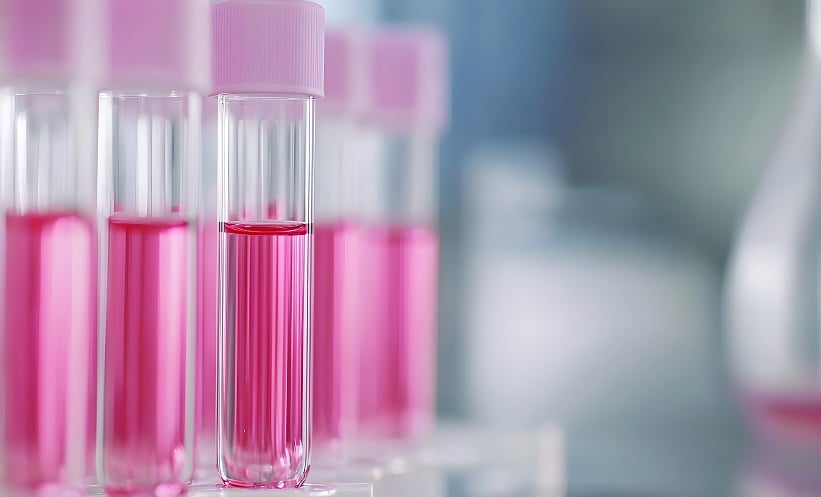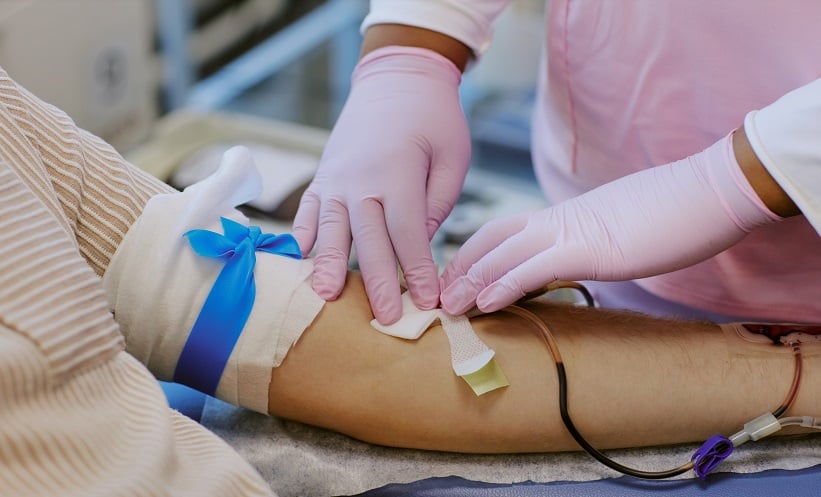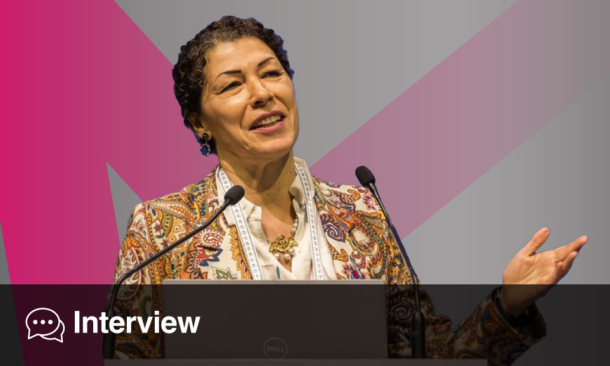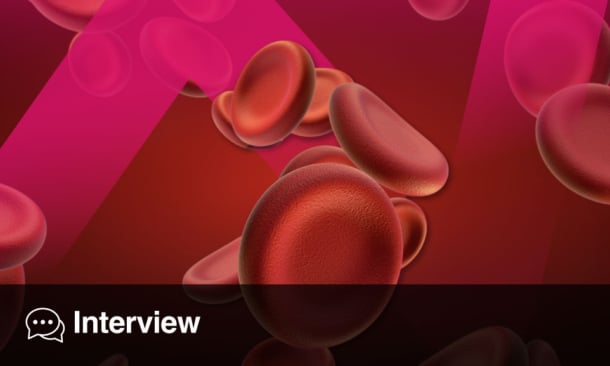A phase 3 clinical trial, explorer8, has demonstrated the efficacy and safety of concizumab, a monoclonal antibody in development for once-daily subcutaneous prophylaxis in patients with haemophilia A or B without inhibitors.
The study, conducted at 69 sites across 31 countries, included 148 male participants aged 12 or older with severe haemophilia A or moderate-to-severe haemophilia B. The trial compared concizumab prophylaxis with on-demand clotting factor therapy. After an initial trial pause due to thromboembolic events, dosing adjustments and mitigation measures were introduced before resuming the study.
Patients receiving concizumab experienced significantly lower bleeding rates compared to those without prophylaxis. For haemophilia A patients, the mean annualised bleeding rate (ABR) was reduced by 86% (ratio 0.14, 95% CI 0.07–0.29, p<0.0001). For haemophilia B patients, the ABR reduction was 79% (ratio 0.21, 95% CI 0.10–0.45, p<0.0001).
The safety profile was favourable, with no thromboembolic events reported post-restart. The most common adverse events included SARS-CoV-2 infection (13%), increased fibrin D-dimers (8%), and upper respiratory infections (7%). One fatal event, an intra-abdominal haemorrhage in a patient with haemophilia A, was potentially treatment related.
These findings highlight concizumab’s potential as a groundbreaking subcutaneous therapy, offering a convenient and effective alternative to traditional intravenous clotting factor concentrates for haemophilia patients. Further research is ongoing.
Helena Bradbury, EMJ
Reference
Chowdary P et al. Concizumab prophylaxis in people with haemophilia A or haemophilia B without inhibitors (explorer8): a prospective, multicentre, open-label, randomised, phase 3a trial. Lancet Haematol. 2024;11:3891-904.







